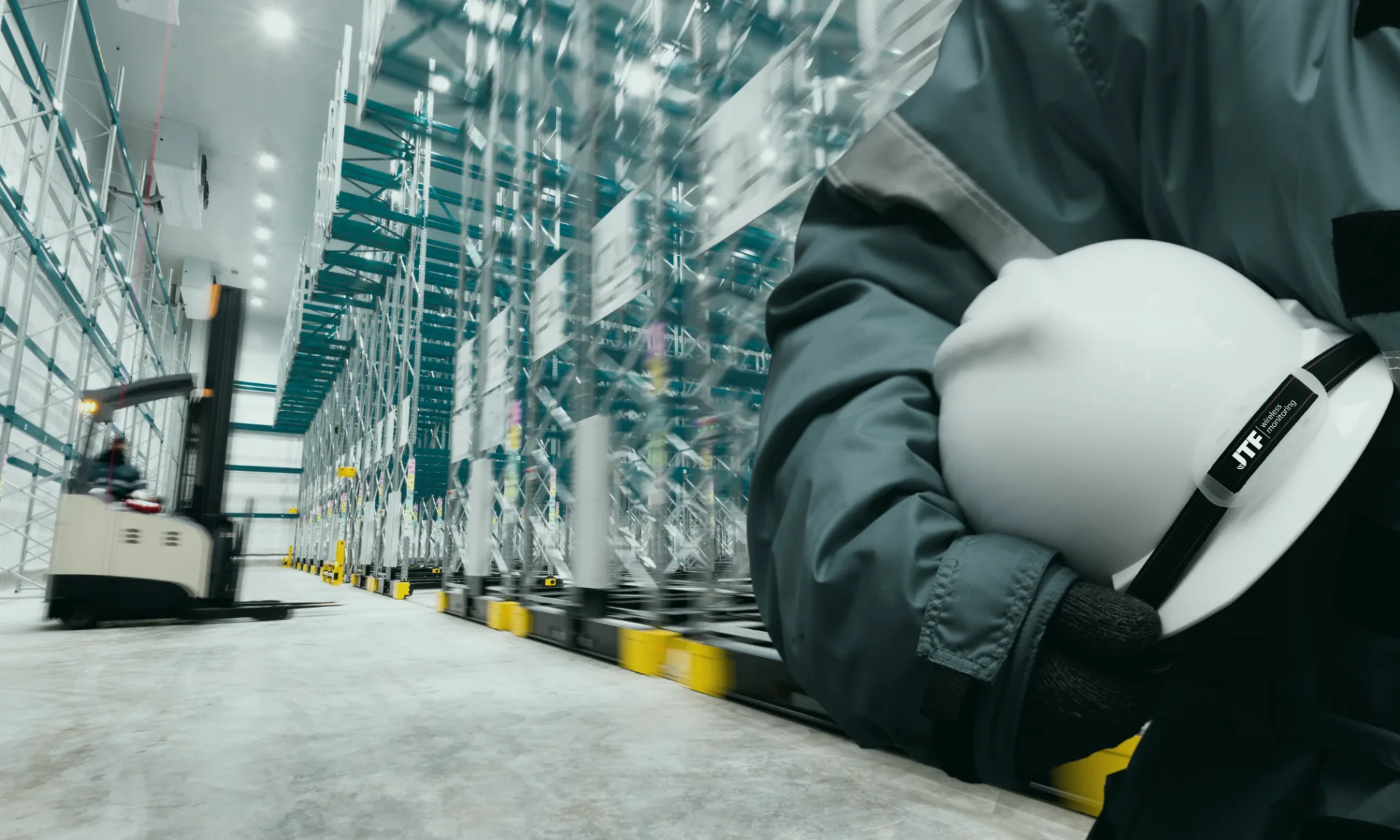
In the world of food distribution, temperature management isn’t just about compliance — it’s about trust. Customers expect products to arrive in perfect condition, and regulators demand proof that they were stored safely every step of the way.
For one leading food distribution company, this was easier said than done. With 25 storage facilities spread across the country, keeping conditions consistently within the optimal range was proving difficult.
Some sensors were placed in the wrong spots — too close to refrigeration units or high up on ceilings — recording misleading temperatures that triggered unnecessary alarms. Basic monitoring flagged deviations, but it didn’t offer the insight needed to address root causes. Reports were produced but rarely acted upon, meaning poor performance often went unchecked. Refrigeration systems were running on generic setpoints, not real-world conditions, wasting energy and risking product integrity.
The result? Variability across sites, inefficiencies in operations, and missed opportunities to improve.
The company partnered with JTF Wireless to deploy the Sematics platform, not just to monitor temperatures, but to use data as a driver for improvement.
From the outset, the focus was on accuracy and relevance. Sensors were repositioned to better reflect actual storage conditions, giving a true picture of the environment where products were held. With reliable data in place, the team worked closely with refrigeration contractors to adjust control setpoints, aligning them with the conditions needed for maximum product safety.
Performance reports from Sematics became a central part of operations. Each site’s results were reviewed regularly, and deviations triggered investigations, corrective actions, and follow-ups. Accountability shifted — instead of seeing compliance as a box-ticking exercise, staff took ownership of their site’s performance.
The transformation was striking. Across all 25 sites, optimal temperature performance exceeded 95%, with many sites consistently reaching 99%. Temperature excursions dropped dramatically, and compliance with internal and external standards became routine rather than a scramble.
Collaboration with refrigeration contractors became more purposeful, grounded in data rather than assumptions. Resources could be directed where they were needed most, tackling problem areas quickly and effectively. The entire operation became more efficient, with less waste, fewer incidents, and greater confidence in product quality.
For the company, this wasn’t just about hitting a number — it was about building a culture of continuous improvement. The combination of accurate data, engaged teams, and targeted collaboration set a new benchmark for temperature control in food warehousing.
With Sematics as the foundation and JTF Wireless as the partner driving the process, the company turned compliance into a competitive strength. They proved that even in a large, multi-site operation, excellence is achievable — and sustainable — when technology, people, and processes work together.
Sematics ensures accurate temperature monitoring by leveraging real-time sensors placed optimally based on product storage requirements.
By analyzing real-time data, Sematics helps businesses identify inefficiencies in refrigeration systems and implement solutions to reduce energy costs.
Door sensors monitor door activity and correlate it with temperature excursions, helping identify operational issues like prolonged door openings.